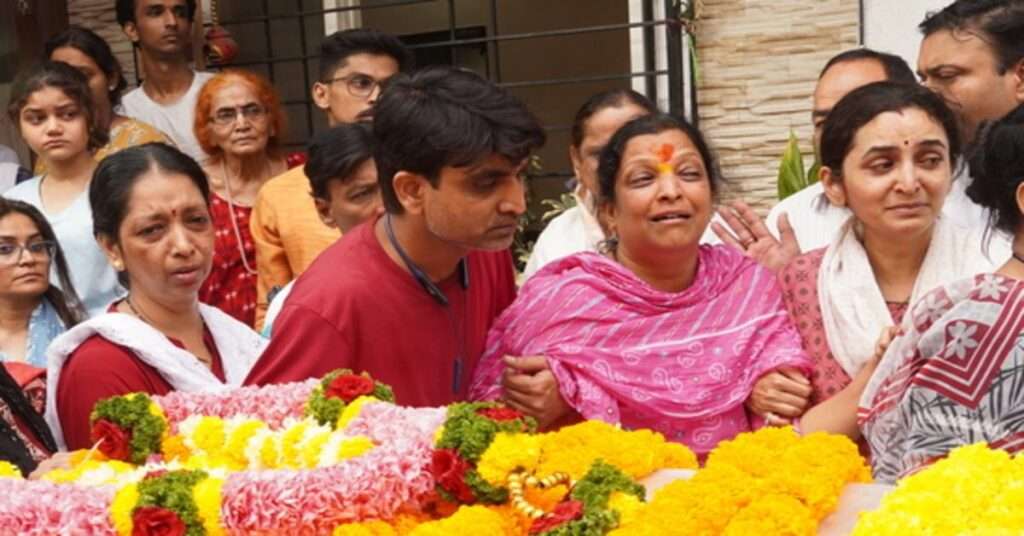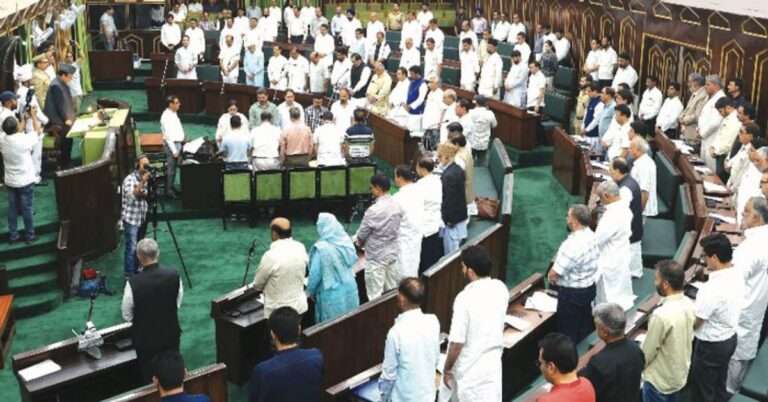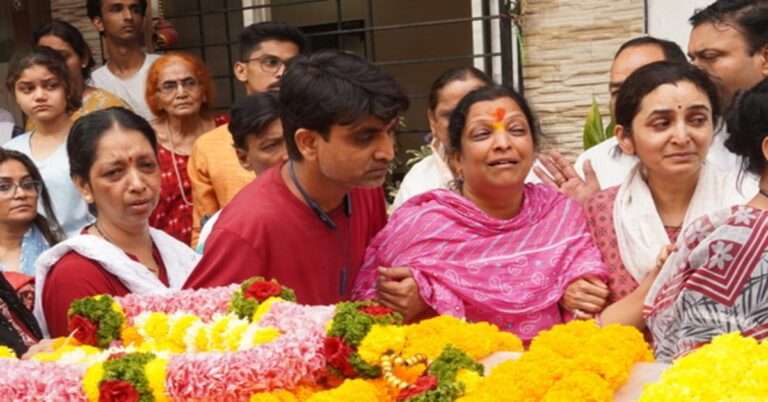
Pahalgam Attack Victim's Wife Counters Congress Leader's Claim: Terrorists Targeting Non-Muslims
Imagine living in fear every day, knowing that your mere existence could make you a target for terrorists. This is the harsh reality that many non-Muslims face in conflict-ridden areas like Pahalgam. Recent events have shed light on the brutal truth of terrorists specifically targeting non-Muslims, leaving a deep impact on the community and sparking debate among political leaders.
A recent incident in Pahalgam, where a non-Muslim man was brutally attacked by terrorists, has brought this issue to the forefront. While some Congress leaders have tried to downplay the gravity of the situation by claiming that terrorists do not differentiate based on religion, the victim’s wife has bravely come forward to counter these claims, highlighting the harsh reality faced by non-Muslims in the region.
The victim’s wife’s account paints a chilling picture of the targeted violence faced by non-Muslims in Pahalgam. She recounts how her husband, a peaceful and law-abiding citizen, was singled out by terrorists solely because of his religion. The terrorists made it clear that they were specifically targeting non-Muslims, instilling fear and uncertainty in the entire community.
In the face of such hatred and violence, it is crucial to understand the depth of the issue and work towards finding sustainable solutions. Denying the targeted nature of these attacks only perpetuates the problem and fails to address the root cause of religious intolerance and extremism.
As we delve deeper into this troubling issue, it becomes essential to ask ourselves difficult questions. How can we ensure the safety and security of all individuals, regardless of their religious beliefs? How can we foster a society where diversity is celebrated, rather than feared? These are not easy questions to answer, but they are necessary conversations to have if we are to build a more inclusive and harmonious world.
One way to tackle this issue is by humanizing the content and sharing personal anecdotes that shed light on the real experiences of those affected. By hearing the stories of victims and their loved ones, we can better empathize with their plight and advocate for meaningful change.
Furthermore, using analogies and simple language can help break down complex ideas into easily digestible information. Just as a puzzle is solved piece by piece, understanding the complexities of religious intolerance requires patience, empathy, and a willingness to listen.
In conclusion, the targeting of non-Muslims in Pahalgam is a stark reminder of the dangers of religious extremism and intolerance. It is crucial for political leaders, community members, and individuals alike to acknowledge and address this issue head-on, working towards a more inclusive and peaceful society for all. Only by standing together against hatred and violence can we hope to create a brighter and more secure future for generations to come.




